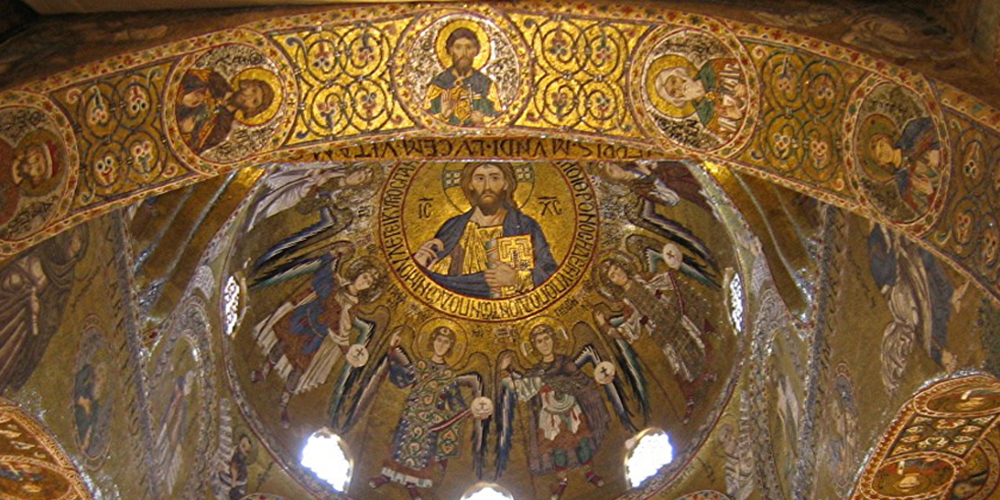Orthodox Christianity is evangelical, but not Protestant. We preach Christ crucified and risen to new life for us and for our salvation.
Orthodox Christianity is catholic, but not Roman. We hold the fullness of the faith that the Church kept in unity since ancient times, but rather than being under the authority of the Pope of Rome, we are instead a council of churches. All the bishops of the Orthodox Christian Church, no matter their titles, are equal in their sacramental office.
Orthodox Christianity is biblical, but not fundamentalist. The New Testament was a product of the Church, not the other way around; the earliest Christians used only the Old Testament, and in time produced Gospels and Epistles that were at first local, but came to be universally recognized.
Orthodox Christianity is Tradition, but not traditionalist. We accept what is called the Great Tradition, which includes the decrees of the Councils of the early church, the writings of the Church Fathers, early interpretation of the scriptures, and the Nicene Creed.
We are Orthodox, but not Jewish. However, because the earliest Christians were Jewish, Orthodox Christian worship contains various practices which stem from Jewish liturgical practice: among these are the extensive use of Psalms in worship, the reading and interpretation of scriptures, the use of vestments, the incensing of the church and the people, and the form of prayers and worship patterns.
Orthodox Christianity cannot be defined by comparison to other Christian bodies. We look “Protestant” because of our emphasis on the local church as the manifestation of the whole church; we look “Catholic” because of our rich and formal worship patterns. But we are neither; we pre-date the western division of Protestants and Catholics. We are simply Orthodox Christians. Our churches are often identified by various ethnicities, as in “Greek Orthodox” or “Russian Orthodox,” but these characterizations are merely cultural. We are unified and whole across all ethnic and cultural divisions.
If you have never experienced the fullness and richness of the Orthodox Christian Church, please come and see. Our style of worship is centered on Christ, rather than on entertainment, or the charisma of a given individual. Yet you'll find that the sacramental, liturgical, and communal nature of the ancient, Orthodox Christian faith is vibrantly contemporary, speaking profoundly to the human condition.
The Orthodox Christian Church is Christ’s ancient Church. It has continued in an intimate relationship with the very Church established by the Apostles following the Resurrection. We can be traced back, bishop by bishop in an unbroken succession to the Apostles (Apostolic Succession). We are the Church founded by Jesus Christ and his Apostles, begun at the day of Pentecost with the descent of the Holy Spirit. We are also known, in the West, as the Eastern Orthodox Church or the Greek Orthodox Church. Throughout history, various heresies have afflicted the Church, and at those times the Church has made dogmatic pronouncements (especially at ecumenical councils) defining in new, more precise language what had always been believed and experienced by the Church, thus preventing the spread of heresy. A defining statement of faith in answer to various heresies that have cropped up in the history of the Orthodox Church is the Nicene-Constantinopolitan Creed.


